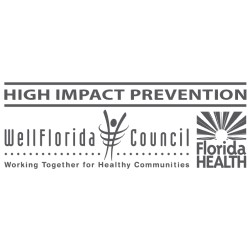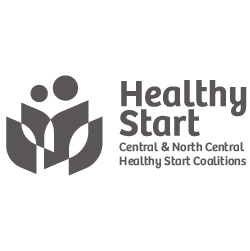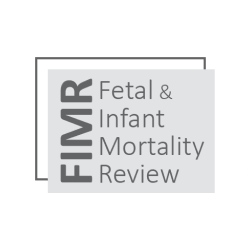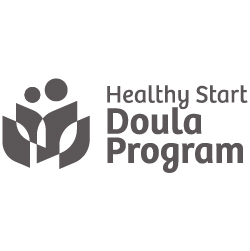The downside of country living: giving birth on the side of the road.
90.7 WMFE – Public Radio for Central Flroida
by Abe Aboraya
The town of Mayo sits about halfway between Gainesville and Tallahassee. It’s right in the middle of a seven-county stretch larger than Puerto Rico where every county health department has gotten out of prenatal care.Here, Audra Rutherford is seven months pregnant and working at the family business of making plastic fishing lures. As she walks through the production facility, she points to drums with the colorful names of the lures.
“So we have drunk monkey, electric chicken, chicken on a chain, slammin’ chicken, electric buzzard, Texas roach, we got all kind of crazy names,” Rutherford said. “But the thing about it is the name sells.”
Rutherford’s family business is called Bass Assassin. And because of it, the 20-year-old has good insurance. But good insurance only goes so far in this rural part of Florida.
She drives an hour and a half to see her obstetrician in Gainesville. It’s a big downside to small-town life in Florida’s Big Bend region.
“I actually know a couple who had to stop on the side of the road while trying to get to Gainesville when they were in labor because it was too far, and that baby was coming,” Rutherford said.
And so the couple delivered on the side of the road.
“A lot of men joke, oh, ain’t no worse than delivering a calf. It’s like no, completely different, completely different,” she adds with a laugh.
It’s even harder to get to a doctor for poor women on Medicaid. In this part of the state, there is no public transportation.
In the past year, Florida has switched to private companies to run Medicaid. Rates to pay doctors were cut, and health departments in this region decided they could no longer afford to offer prenatal care.
Some federal health clinics picked up the slack – but they’re few and far in between.
Since then, the rate of women getting in to see a doctor in the first trimester has dropped in all seven counties. In Dixie County, state health data shows that the rate of women giving birth without ever seeing a doctor has more than doubled. It’s the worst rate in Florida.
So is there a safety net to catch and treat poor, pregnant women in rural North Central Florida?
“I would say it depends on where they live,” said Barbara Locke, who runs the health department for Dixie, Gilchrist and Levy counties. “If they live in Dixie County, no. They have to travel outside of the county for care.”
And stats show four out of five women do leave Dixie County to see their doctor. Take Clarissa Carroll of Cross City. She’s pregnant with her fourth baby, due in March.
She doesn’t have private insurance, so she drives 35 minutes to the neighboring county to see her doctor at a federal clinic.
The baby is fine now, but initially she went to the clinic every week because they couldn’t hear a heartbeat. She says spending that much on gas destroyed her family budget. Her boyfriend is a firefighter in the neighboring county.
“We try to save as much money for gas as possible, that way he’s not having to drive back and forth to work at night,” Carroll said. “He can stay at the fire department for free at night, and then I’m just having to worry about gas to get my oldest to school if she doesn’t get the bus on time and prenatal care.
It’s a story Locke of the health department hears a lot: women missing doctors appointments for gas.
“They would literally have to decide am I gonna use gas to go my appointment today, or am I going to use gas to go to work,” Locke said.
“Or am I going to use that money to put food on the table tonight,” added Julie Moderie, director of the Healthy Start of North Central Florida.
Locke said she’s worried about the impact.
“We may be wrong, maybe women do access care in the first trimester in spite of the fact that they can’t come here (to the county health department),” Locke said. “But my experience tells me that isn’t true. I think we’re going to see some real impacts related to the fact that many health departments have gotten out of prenatal care.”
To read this article online, go to http://www.wmfe.org/the-downside-of-country-livin-giving-birth-on-the-side-of-the-road/53577#story.
Back to News page












